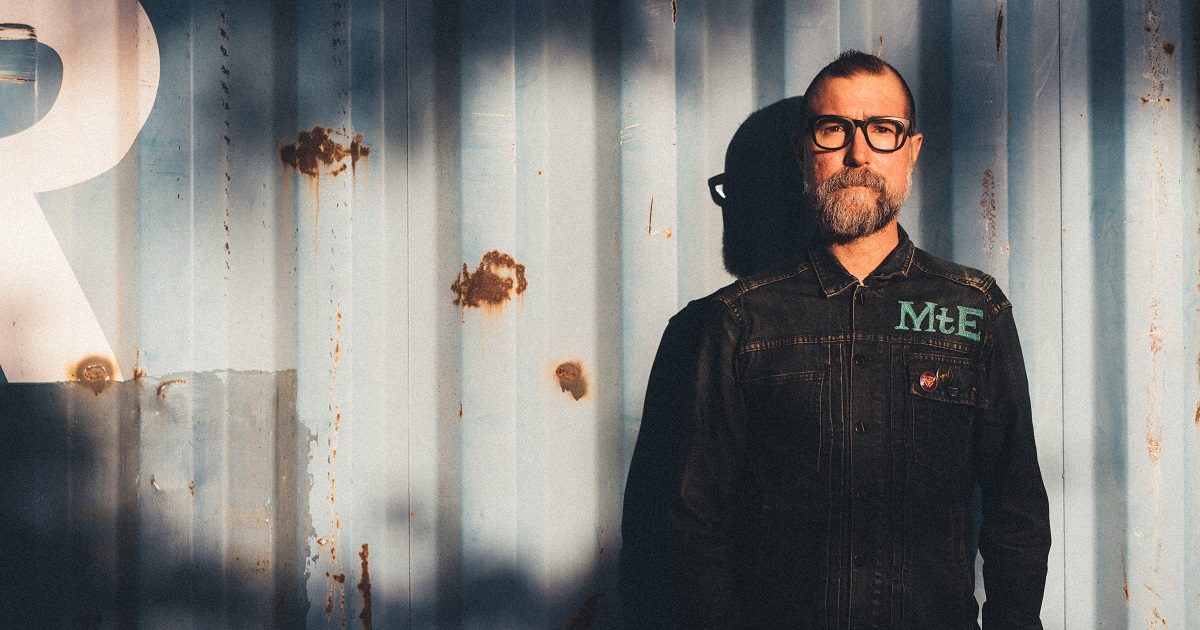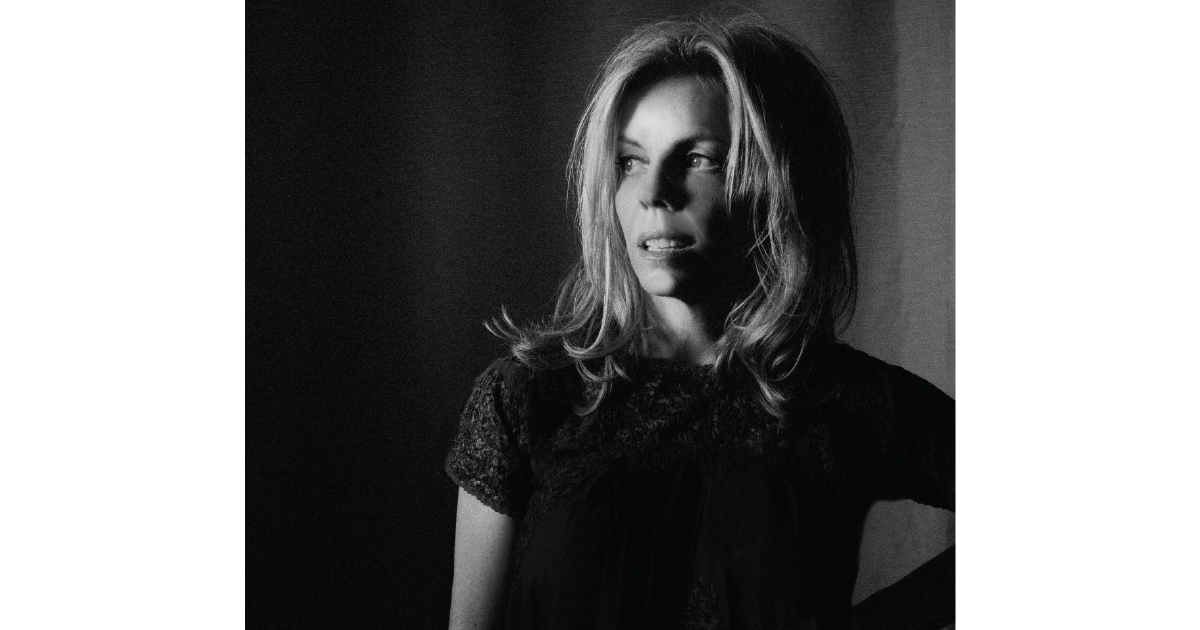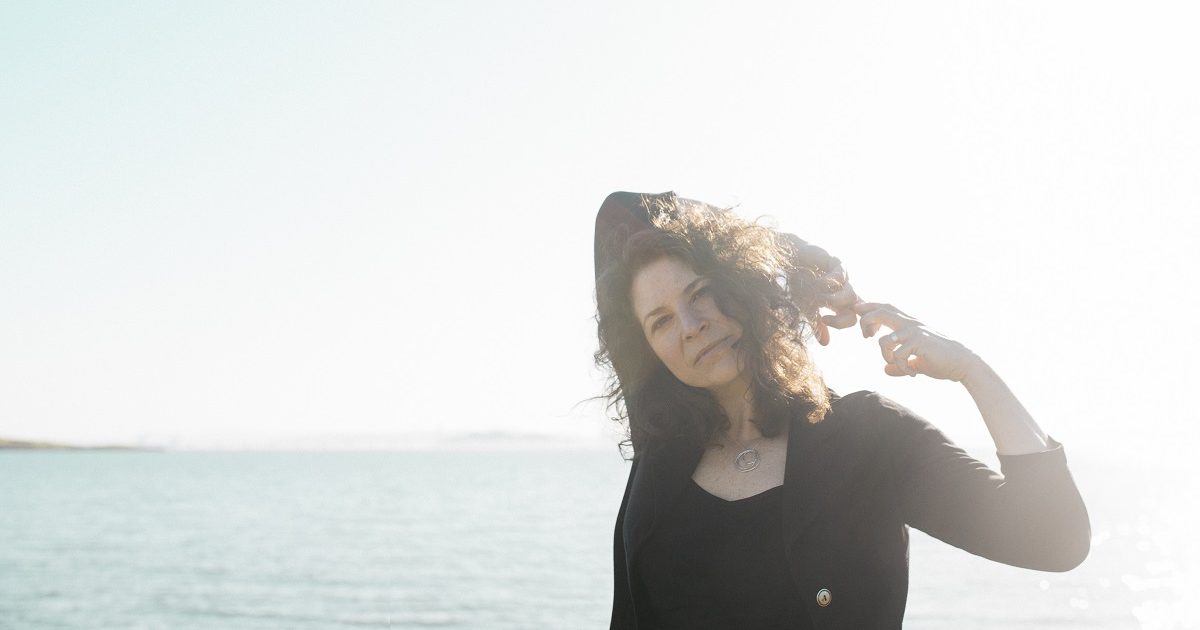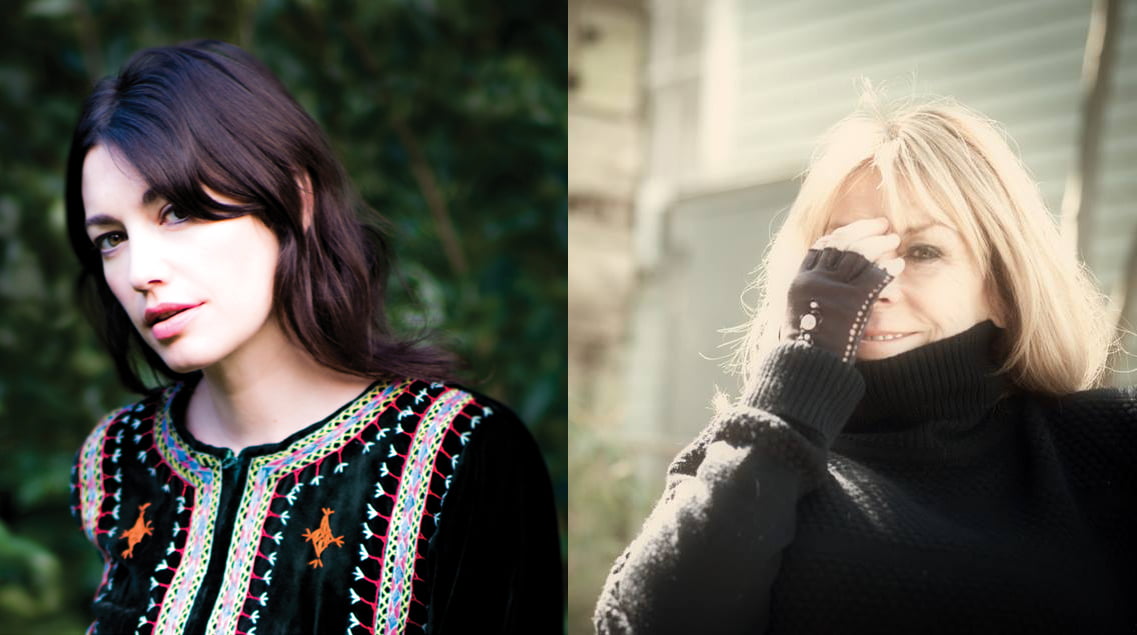There are some artists who defy every convention and expectation we attempt to impose upon them. Rickie Lee Jones is one of them. Right out of the gate, she played by her own rules and danced to her own very groovy drum. Her eponymous debut in 1979 — with stunning songs like “The Last Chance Texaco” and “Weasel and the White Boys Cool” — set her apart from and, really, above the fray, and that’s where she has stayed for her entire career which, thankfully, is still going strong all these decades later.
Similarly, Pieta Brown has followed her own artistic instincts to pursue a career in music outside the shadow cast by her father, folk master Greg Brown. With her past few releases, she has focused on a quieter, simpler sound anchored in atmosphere. Her seventh (and most recent) album, Postcards, continues to explore that form as well as the function of collaboration with other artists, including Carrie Rodriguez, Calexico, Mason Jennings, and others.
What are the characteristics you think of first, when you think of Rickie Lee Jones?
Experimental. And open. And non-linear, I think. I guess those are the first few. Then, really, very individual and unique. Extremely.
Those are all perfect. Adventurous and feisty come to my mind, along with fearless.
Yeah. Fearless. That’s awesome.
That was something Tift Merritt and I talked about in regard to Linda Ronstadt. Is fearlessness just something that women have to have, no matter what they do?
Maybe. Or maybe it’s more that you might be really scared, but you’re willing to cut through that anyway. I was going to say, for sure, in the music industry, but I don’t think it’s particular to that at all, really.
Yeah. I thought about that, too.
It’s a very good question.
We won’t get to the bottom of it today, though. [Laughs]
[Laughs] No.
It struck me in reading up on Rickie Lee that her self-titled debut was released in March of 1979. She was on Saturday Night Live one month later and played Carnegie Hall three months after that.
Wow.
And then came her Grammy wins, six months after that. Success doesn’t get much more overnight than that.
Yeah, she hit it right out of the gate, for sure.
Can you imagine being thrown into the belly of the beast that quickly?
No, I can’t. Speaking of fearlessness … there must be some fearless streak and I’m not sure how deeply it’s hiding in me, but I was so shy that it was like breaking down major walls just to start even doing a show. So, no, I really can’t imagine that.
I do know, from talking to Iris [DeMent], it was a similar thing for her, in terms of her putting out her first album and being rocketed into the light. She said that was pretty wild, on a certain level.
I bet! Another thing that struck me was the fact that a quirky, jazz-tinged singer/songwriter had that kind of success, hit number five on the Billboard album chart. There’s no way that would happen today.
No. It wouldn’t. It’s interesting, isn’t it? I can’t even imagine how that would happen now. I think it could happen, but not to people who are presenting themselves as a singer/songwriter, even if that’s what they really are. It’s in another disguise, these days, it seems like.
Geography, also, for her … she moved around a lot and it seems to add a lot of colors to her palette.
I think that’s maybe something I intrinsically related to without realizing it. I moved around a ton, as a kid. In fact, the reason I was thinking about Rickie Lee Jones, when I got asked to do this … the thing I flashed on was, I think I must have been about 9 or 10 and I had moved around so many times by the age of 10 — I must’ve lived in 12 or 13 different places by the time I was that age. I had moved down to Alabama with my mom, but then for about eight months when I was 9 going on 10, I moved up to the Twin Cities with my dad.
And I’ll just never forget — it’s just burned into my mind as one of the strongest memories of my childhood — I came across a cassette that was in a pile. While we were living in the Twin Cities, I think we moved two or three times, just in that nine months. But, at this particular time, we were living in this upstairs apartment and there was an attic where I could go hang out by myself. I had a Walkman and I put that tape in. It was Rickie Lee Jones. I didn’t know anything about her. Nothing. And I was so mesmerized by her sound. I remember I played the song “Walk Away Renee” for an hour or two. I just sat up in that attic. It was kind of an emotional time for me because my parents were all haywire, and everybody was coming and going so I didn’t know what was going on. I don’t know why that song … I mean, the lyrics are pretty simple, but her sound and those words, it opened up another dimension for me or something. That’s why I chose her.
But, geography-wise, like you were saying, I moved around so much, too. And you can hear that in her music, like you said. So many textures and conversations and layers going on every time she sings. It’s super-cool.
I’m always fascinated by how geography informs an artist’s work For her, she grew up in Chicago, Arizona, and Olympia, then Southern California, New York, San Francisco, Paris, back to L.A., back to Tacoma … I think New Orleans is in there somewhere. You can hear all of those places coming through.
Yeah. It’s super-fascinating. I think another thing, for me at that age, a lot of the music I was hearing was in my family, of course, and the stuff that was on the radio. My mom liked jazz a lot, so I got a lot of early influences like Billie Holiday and stuff like that I heard. But I think hearing Rickie Lee Jones was the kind of thing where it’s like, “Okay, here’s this lady who sounds like no one else I’ve ever heard.” And she had all these different elements, but it didn’t sound confused. It sounded pure and really clear.
Did that bridge a gap for you, between your mom’s love of jazz to what you were hearing on the radio? Was she the in-between?
Yeah, I think so. And that family thing, with my dad being a songwriter, and my great-grandfather played the banjo and my great-grandmother played the pump organ. My grandmother played guitar. It was very rural. We got together pretty big family jams and it was a very rural sound. In fact, I found out later that my great-grandparents used to go down to North Carolina. They lived in southern Iowa. They would go down to North Carolina to jam, and bring that music back. So I always associated that kind of bluegrass sound with southern Iowa because that’s what I would hear and dance around to as a kid with my hat turned upside down. It was like, “Okay. This is what music sounds like.” So there was something about Rickie Lee Jones … I don’t know, just one of those moments in time.
I think, too, because I played piano. That was my first instrument from when I was really little. By that age, I was making up a lot of instrumentals and weird songs on the piano, but it wasn’t something I heard. So, when I heard this woman … I think, too, she has a childlike quality in her voice. So I thought, “Okay. Wow. This means this is possible.”
You’re right. It’s such an interesting juxtaposition between the simplicity and innocence in her voice and the complexity of the arrangements and compositions.
Yeah, right.
Then there’s just the pure creativity racing through her veins, to make a record like The Sermon on Exposition Boulevard in which she improvised her own impressions of various Biblical texts. Who would think of that?
[Laughs] It’s amazing. I got to see her play for the first time last year. It was a great show. The room was elevated. It was all those things. And another big thing for me is, she’s got the groove. She’s got that super-deep groove thing. She picks up her acoustic guitar and the groove is present as soon as she starts playing. So some of that is mixed in there, too. It’s very natural and real. It was great to hear her play live.
What’s your favorite album or era?
I love Traffic from Paradise. There’s a song on there called “Tigers” and I’ve listened to that album so much, in different periods. I went back yesterday and looked at the credits of that because I hadn’t listened to it in a few years. But that was engineered and mixed by a woman.
Julie Last.
Yes. Julie Last. Do you know about her?
I do. I know her, actually.
You know her?! I hope you tell her thank you for me because one of the reasons I love that album is because it sounds so good and so huge. It’s great. It sounds so good. I thought, “Who engineered that? I gotta find out.” I was excited to find out it was a woman. In all my record-making, I haven’t come across a ton of female engineers who are engineering and mixing the albums. And that record sounds so gigantic. It’s just so cool.



